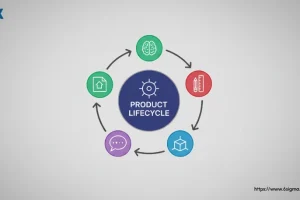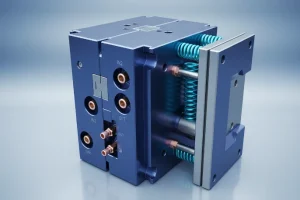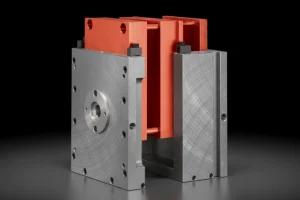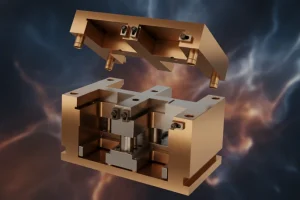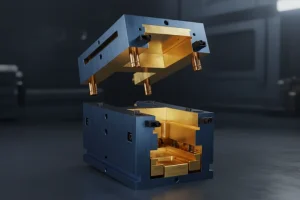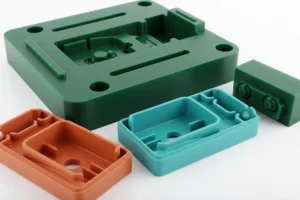PPSU is an impressive polymer, renowned for its remarkable thermal and mechanical properties – including excellent chemical resistance even up to high temperatures, stiffness and dimensional stability.
This makes it a perfect material choice in diverse industries such as automotive engineering, medical device manufacturing and electrical component production.
1. PPSU injection molding
Through injection molding, PPSU can be formed efficiently and precisely into intricate designs. This method of manufacturing involves introducing molten material directly into a customized cavity that becomes the desired shape once cooled.
Injection molding is an efficient production process for creating high-quality parts in bulk quantities quickly and cost-effectively.

2. The challenges for PPSU injection molding
PPSU’s complex chemistry can make injection molding quite a challenge; its high melting point and thick viscosity require specialized equipment and careful temperature control as well as the use of additives or special techniques to ensure successful results.
However, when these challenges are effectively managed, PPSU is an excellent material choice for advanced applications due to its strength and durability even in extreme conditions.
Despite its superior chemical and temperature resistance, PPSU presents a significant cost barrier due to high material costs.
Added machining demands can also drive up production expenses – all of which is further complicated by relatively low impact strength during injection molding processes.

3. Advantages of Injection Molding PPSU
Despite these difficulties, PPSU can be successfully injection molded with the appropriate equipment and processing conditions.
Plastic parts manufactured through injection molding offer excellent dimensional stability and surface finish.
They boast outstanding resistance to temperature, chemicals, and mechanical stresses, making them ideal for demanding applications.
b. Injection molding with polypropylene succinate allows for the production of intricate and detailed parts, providing one major advantage over other processes.
Injection molding requires high pressure to force material into even the tiniest corners, producing parts with intricate details and precise tolerances.
Furthermore, this process is highly repeatable, meaning parts can be consistently produced with the same high level of quality.
c. Injection plastic molding with PPSU is highly desirable due to its fast production capabilities.
Once all necessary setup has been accomplished, parts can be created virtually instantly – an ideal solution for industries requiring large volumes of product in a short amount of time such as automotive and aerospace manufacturing.

Conclusion
With its impressive thermal and mechanical properties, PPSU is well-suited for use in many applications.
However, injection molding this thermoplastic requires specialized equipment and careful processing due to the especially high melting point and viscosity of the material.


